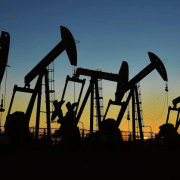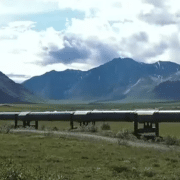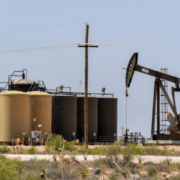Preliminary figures from the Texas Railroad Commission show the state produced 124,149,657 barrels of crude oil in November 2025 (about 4,138,321 barrels per day). Texas natural gas output for the month was reported at 1,002,396,104 Mcf (about 33,413,203 Mcf per day). The totals reflect volumes reported by operators from 157,813 oil wells and 83,966 gas wells, and they compare with updated November 2024 figures of 143,764,045 barrels of oil and 1,082,479,452 Mcf of natural gas.
The Midland area again led statewide oil production. Martin County topped the list at 20,755,579 barrels, followed by Midland County at 17,784,946 barrels, with additional high-producing counties including Upton, Loving, and Reeves. On the gas side, Webb County ranked first with 97,750,282 Mcf, followed by Reeves County (84,832,237 Mcf) and Midland County (77,756,512 Mcf). Reeves County also led Texas in condensate production at 6,338,309 barrels, with Loving County second at 4,288,680 barrels. For more context on Texas output trends and key drivers, see Texas leads the charge as America sets new oil and natural gas records and Permian gas wave sparks biggest pipeline buildout since the shale boom.
Source: Midland Reporter-Telegram
Read the full original article here










